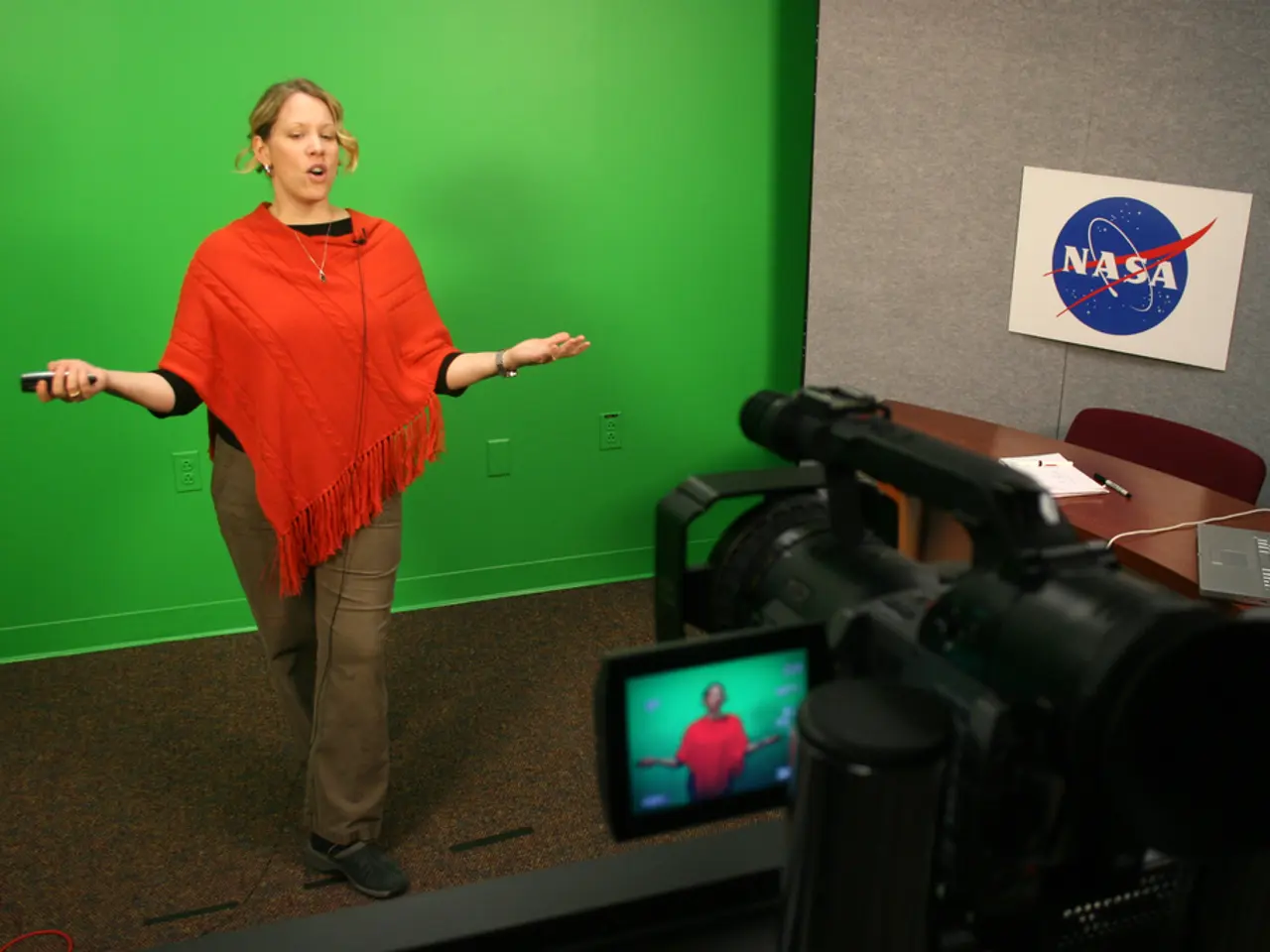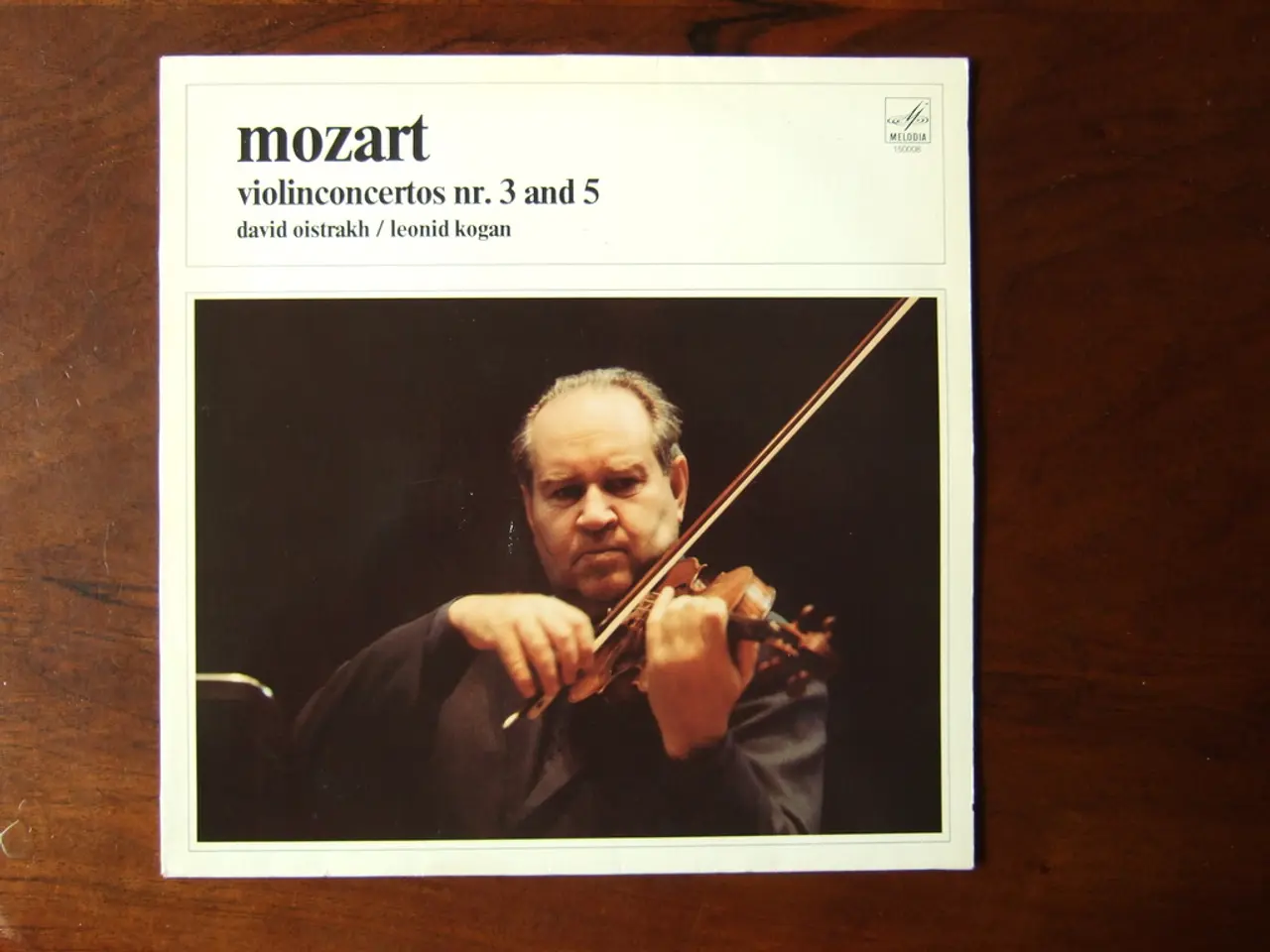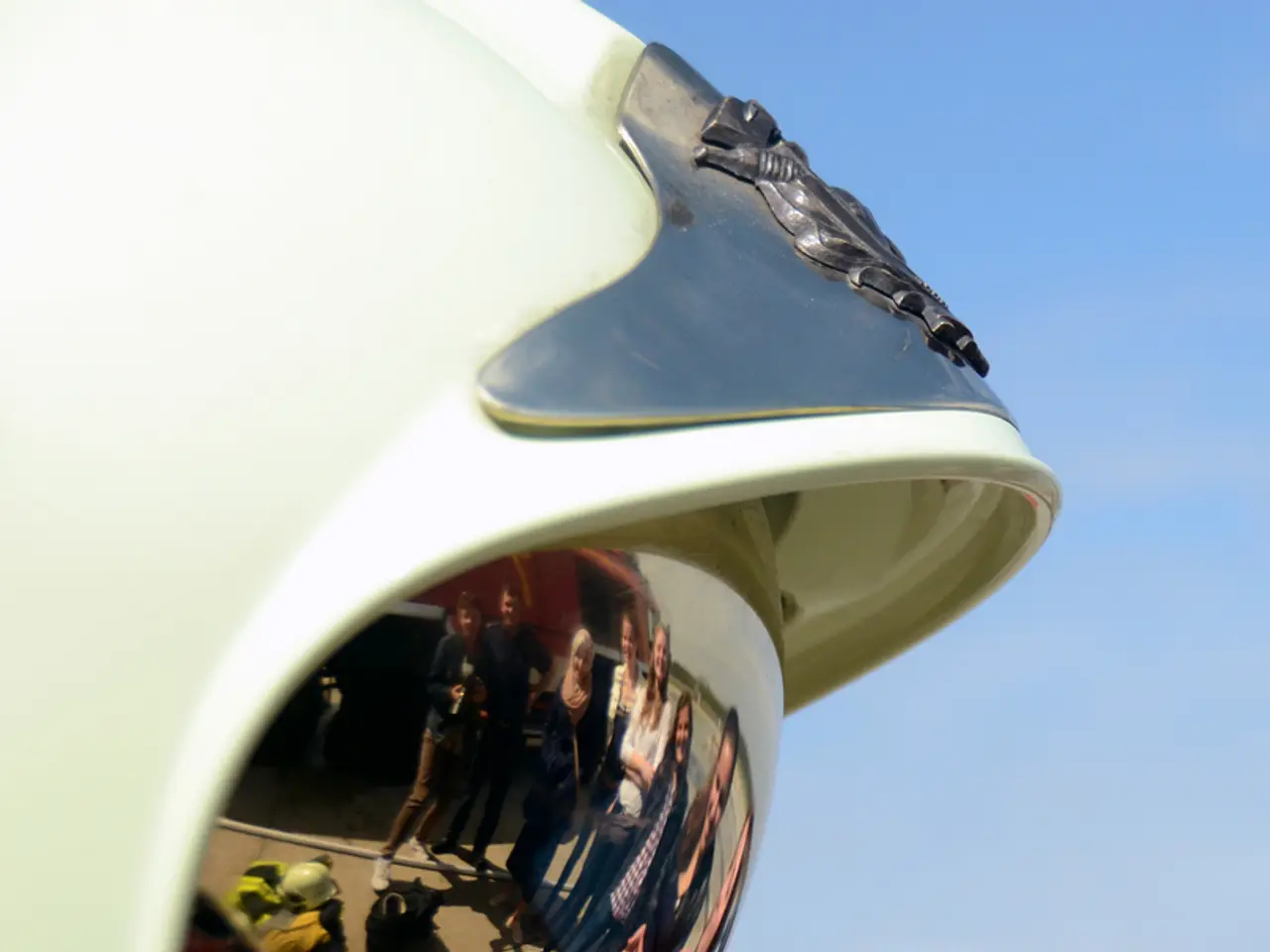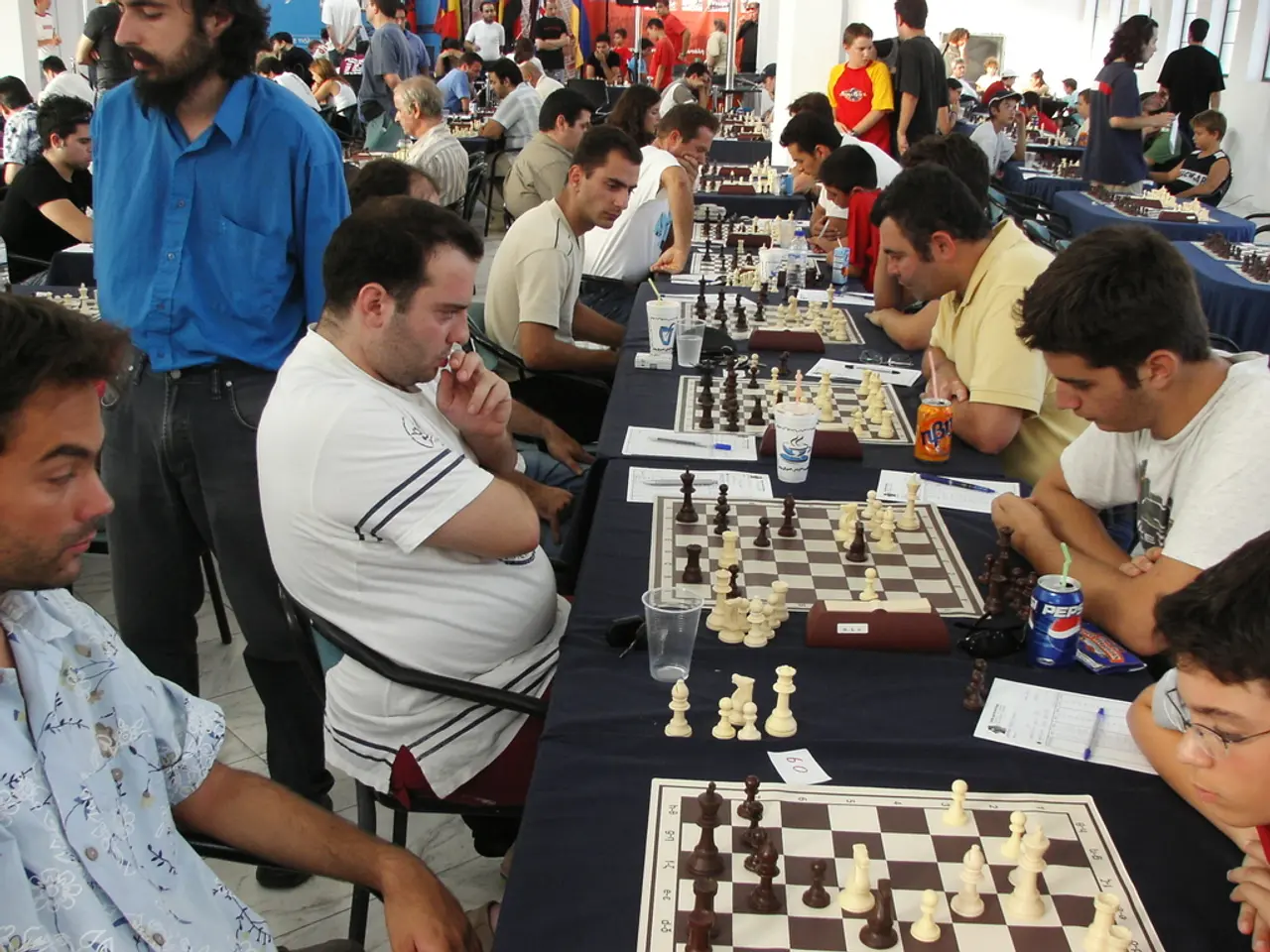Astronomer Secures 2025 Caroline Herschel Lectureship Award for Quasar Research
Dr. Victoria Fawcett, a research associate at Newcastle University, has been named the winner of the 2025 Caroline Herschel Prize Lectureship by the Royal Astronomical Society (RAS). This prestigious award recognises Dr. Fawcett's significant contributions to the field of astronomy, particularly her research on hidden black holes[1][2][4][5].
The Caroline Herschel Prize Lectureship, established in 2018 by the Herschel Society and the RAS, is an annual event that honours outstanding female astronomers[6]. Previous winners include Dr. Heloise Stevance, Dr. Marie Van de Sande, and Dr. Alexandra Amon.
Dr. Fawcett's research focus is on uncovering and understanding black holes that are otherwise difficult to detect. Her work contributes to the broader knowledge of quasars and black hole science[2][4]. The RAS, which encourages the study of astronomy, solar-system science, geophysics, and related branches of science, has over 4,000 members, a third of whom are based overseas[7].
Dr. Fawcett has demonstrated excellence in research, including a strong publication record and co-leadership of the working group on active galactic nuclei within the Dark Energy Spectroscopic Instrument (DESI) collaboration[3]. She has also been recognised for her efforts in outreach and communication, particularly her focus on young people in the North East of England.
In addition to her research, Dr. Fawcett has been honoured for her work in promoting diversity in astronomy and physics. She will deliver her Caroline Herschel Prize Lecture, titled 'Unveiling the secrets of hidden supermassive black holes', at the University of Bath in November, as part of the university's public lecture series[8].
The RAS, founded in 1820, organises scientific meetings, publishes international research and review journals, and recognises outstanding achievements with medals and prizes[7]. It also maintains an extensive library, supports education through grants and outreach activities, and represents UK astronomy nationally and internationally. The RAS can be followed on various social media platforms and its RAS Supermassive podcast can be downloaded.
Caroline Herschel, the younger sister of William Herschel, was the first to be paid as an astronomer and was awarded the RAS Gold Medal in 1828[9]. The society continues to honour her legacy by recognising exceptional female astronomers through the Caroline Herschel Prize Lectureship.
[1] https://www.newcastle.ac.uk/about/news/2022/04/dr-victoria-fawcett-awarded-2025-caroline-herschel-prize-lectureship [2] https://www.ras.ac.uk/awards-prizes/caroline-herschel-prize [3] https://www.newcastle.ac.uk/about/news/2022/04/dr-victoria-fawcett-awarded-2025-caroline-herschel-prize-lectureship [4] https://www.desi.lbl.gov/people/victoria-fawcett [5] https://www.newcastle.ac.uk/about/news/2022/04/dr-victoria-fawcett-awarded-2025-caroline-herschel-prize-lectureship [6] https://www.ras.ac.uk/awards-prizes/caroline-herschel-prize [7] https://www.ras.ac.uk/about-us [8] https://www.bath.ac.uk/news/2022/04/27/dr-victoria-fawcett-awarded-2025-caroline-herschel-prize-lectureship/ [9] https://www.ras.ac.uk/about-us/history/history-of-the-ras/timeline/1828-caroline-herschel-awarded-the-ras-gold-medal
Dr. Victoria Fawcett's research not only contributes to the understanding of black holes and quasars, but also expands the realm of science, venturing into the health-and-wellness aspect of women's health, as her efforts in promoting diversity could potentially inspire more women to pursue careers in astronomy and physics. The Royal Astronomical Society, which encompasses a wide range of science fields, including space-and-astronomy, geophysics, and health-and-wellness related topics, continues to uphold Caroline Herschel's legacy by recognizing exceptional female contributors in these areas.




